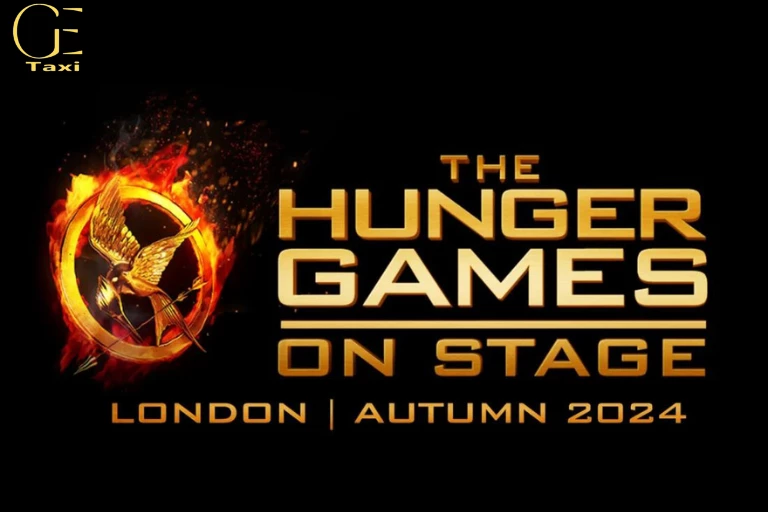In the realm of dystopian fiction, Suzanne Collins’ “The Hunger Games” trilogy stands as a towering achievement. Therefore; captivating readers and later audiences worldwide. With its compelling narrative, intricate world-building, and a resilient heroine. However; Katniss Everdeen, the series has left an indelible mark on the literary and cinematic landscape. In this blog, we delve into the specifics of “The Hunger Games,” exploring its origins, characters. However; and the social commentary that makes it a thought-provoking and enduring masterpiece.
The Birth of a Dystopian World:
“The Hunger Games” trilogy introduces readers to the fictional nation of Panem. Therefore; a post-apocalyptic North America divided into 12 districts and the Capitol. The stark socio-economic disparities, oppressive government control. However; and the annual Hunger Games – a televised event where children from each district fight to the death – set the stage for a gripping narrative that explores power, survival, and rebellion.
Katniss Everdeen: The Mockingjay Rises:
At the heart of the trilogy is Katniss Everdeen. Therefore; a resourceful and courageous young woman thrust into the brutal world of the Hunger Games. Jennifer Lawrence’s portrayal of Katniss in the film adaptations brought this character to life, turning her into an iconic symbol of resistance. Katniss’s journey from reluctant tribute to the face of rebellion is a central thread that resonates throughout the series.
The Capitol and Districts: A Socio-Political Allegory:
Collins uses Panem’s districts and the Capitol as a canvas to paint a poignant allegory of societal structures and political oppression. The lavish excesses of the Capitol contrast starkly with the impoverished districts, highlighting themes of inequality, exploitation, and the consequences of unchecked power. This socio-political commentary adds layers of complexity to the narrative, inviting readers to reflect on real-world issues.
The Games: Arena of Survival:
The centerpiece of the trilogy is the Hunger Games themselves – a brutal spectacle devised by the Capitol to assert control and entertain the masses. The detailed descriptions of the Games, the alliances formed, and the strategic maneuvers employed by tributes create a tension-filled atmosphere that keeps readers on the edge of their seats.
Peeta Mellark and the Complexities of Love:
The relationship between Katniss and her fellow tribute, Peeta Mellark, adds a layer of complexity to the narrative. Their evolving dynamic, marked by moments of genuine emotion and calculated strategy, explores themes of love, loyalty, and the blurred lines between reality and performance in a society consumed by spectacle.
The Rebellion: Catching Fire and Mockingjay:
As the trilogy progresses, the spark of rebellion against the Capitol ignites. “Catching Fire” and “Mockingjay” delve into the repercussions of Katniss’s defiance, unraveling a plot of political intrigue, manipulation, and the sacrifices made in the pursuit of freedom. The rebellion’s unfolding drama brings the trilogy to a powerful and emotionally charged conclusion.
Legacy and Impact:
“The Hunger Games” trilogy extends beyond the pages of the books and the frames of the films. Its impact on popular culture, discussions around socio-political themes, and the YA dystopian genre as a whole has been profound. The trilogy’s legacy lies not only in its entertainment value but in its ability to prompt critical conversations about power dynamics, resistance, and the consequences of a society driven by spectacle.
Conclusion:
“The Hunger Games” trilogy, with its meticulously crafted world, compelling characters. However; and thought-provoking themes, transcends the confines of young adult fiction. Suzanne Collins’ creation is a dystopian epic that resonates with audiences of all ages, challenging them to reflect on the intricacies of power, resilience, and the indomitable spirit of rebellion. As we revisit the trilogy, we are reminded that its allure lies not just in the captivating narrative but in the profound questions it poses about our own world and the potential for change.
Written By:- GE Taxi
